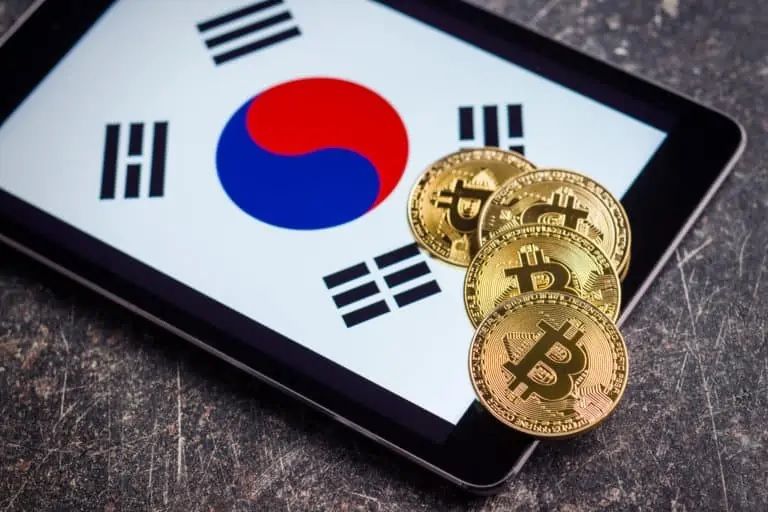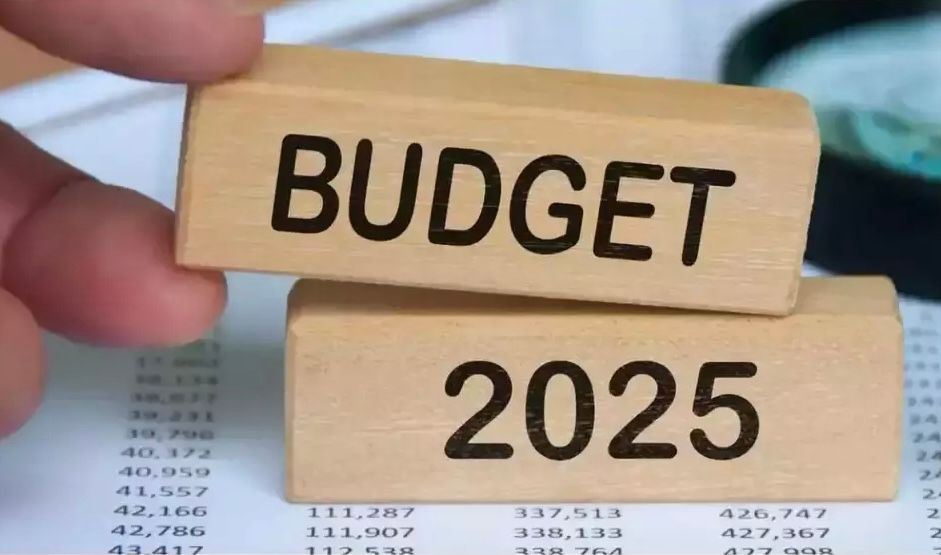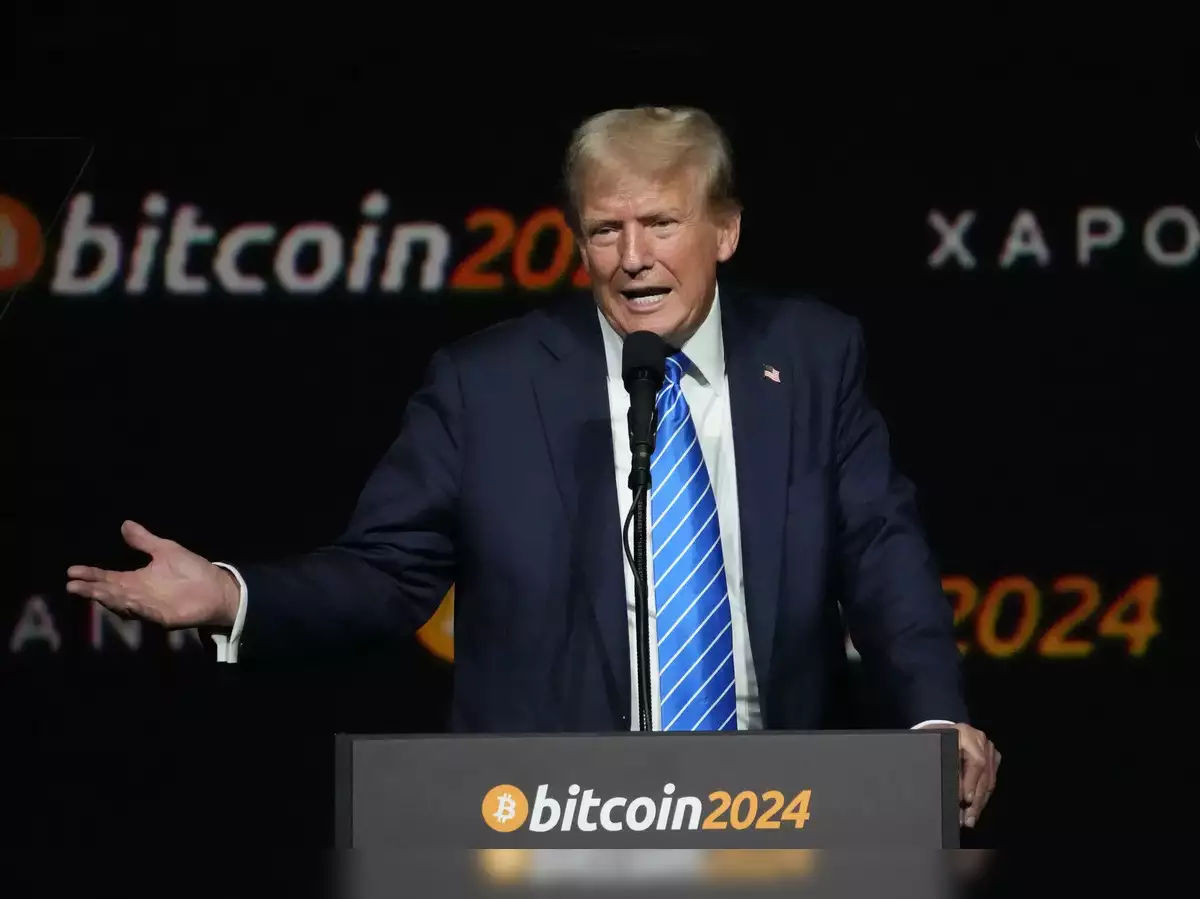- Composed of 19 suggestions from lawmakers, the bill necessitates that providers of cryptocurrency services must partition users’ assets and deposits, possess insurance, store some reserves in offline cold wallets in the event of hacking or system malfunction, and maintain a comprehensive record of all transactions.
- The new legislation encompasses sanctions for engaging in activities such as manipulating prices, falsely promoting crypto assets, and withholding essential investor information, with convicted individuals facing a minimum of one-year imprisonment or fines ranging from three to five times the profits obtained from these violations.
- In the legislation, “virtual assets” are classified as “electronic forms of economic value that can be electronically transferred or traded,” although the country’s central bank, the Bank of Korea, is exempt from the definition and not considered a virtual asset.
- Although the bill doesn’t address the Bank of Korea’s previously proposed oversight measures, it does grant the bank the authority to request data from cryptocurrency platforms, as it has requested with the country’s financial regulators, as the bank highlights the potential impact of the cryptocurrency market on financial and monetary stability.
- According to Hwang Suk-jin, a member of the Ruling People Power Party’s Digital Asset Special Committee, in a May interview with Forkast, the bill under consideration aims to protect the legal rights of virtual asset users and foster a cryptocurrency market that is both secure and trustworthy.
- Based on the Global Crypto Adoption Index compiled by Chainalysis, South Korea possessed one of the most vibrant cryptocurrency economies in the world in 2020, securing the 7th spot globally.
- In 2022, South Korea’s position on the Global Crypto Adoption Index declined to 23, coinciding with the collapse of the Terra-Luna cryptocurrency and stablecoin. This collapse resulted in substantial losses for numerous investors. Nonetheless, the Upbit crypto exchange in South Korea maintains its position as the third largest exchange globally in terms of trading volume, as per data from CoinMarketCap.
- The failure of Terra-Luna played a significant role in pushing for cryptocurrency regulations in South Korea, specifically aimed at safeguarding investors. The upcoming stage of legislation in the crypto space is anticipated to concentrate on establishing guidelines for local companies regarding token issuance and disclosure of information.
#Crypto #Cryptocurrency #SouthKorea



